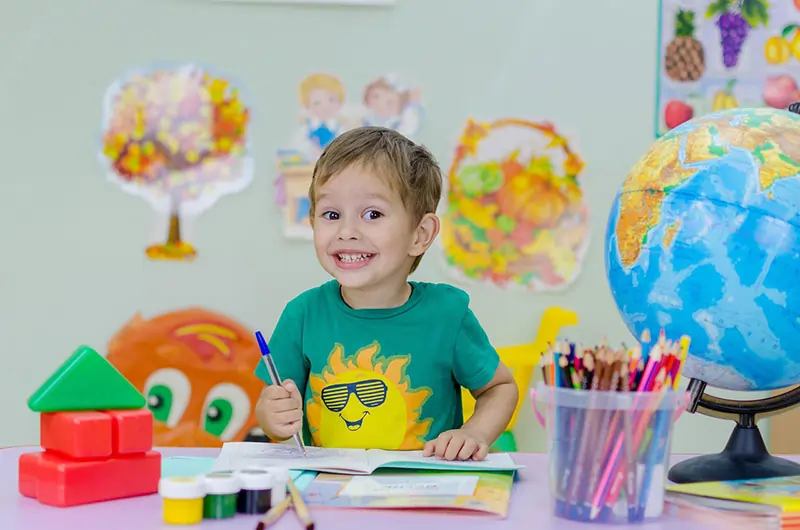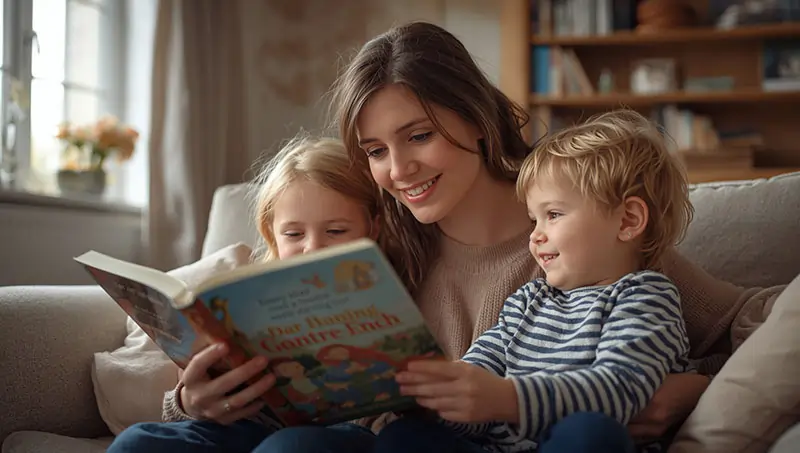Should Kids Bring Toys to School? Pros and Cons Explained
Should children be allowed to bring toys to school? This question has sparked countless debates among parents, educators, and child development experts, including specialists and theorists.
If you’ve ever caught your child sneaking their favourite toy into their backpack before school, you’re not alone. It’s a common debate in many households: should kids be allowed to bring toys to school?
For kids, it might seem harmless—they just want a piece of home or something fun to show their friends. For parents and teachers, though, it raises concerns about distractions, classroom disruptions, or even lost items.
Pros of Bringing Toys to School
Several studies have shown the positive effects of toys on children’s development, particularly their cognitive, emotional, and social development. First, on a cognitive level, toys are excellent mediators to encourage kids to think, explore, figure things out, and nurture imagination. This is particularly evident when kids engage in imaginative play.
Imaginative play, also referred to as “pretend play” or “make-believe play,” is an unstructured activity where kids invent and act out fantasy worlds, roles and storylines. For example, they pretend to be a race car driver with their remote control cars or act like a mother to their dolls. While this may sound silly for adults, the open-ended nature of imaginative play helps kids exercise their executive functions, such as working memory, cognitive flexibility, and self-regulation.
Moreover, with improved cognitive ability due to playtime with toys, it would be much easier for kids to stay competitive at school. In fact, research has shown that children with regular, unstructured playtime at school have better academic performance than those who receive less playtime. Specifically, they have better problem-solving skills, classroom behaviours, and test results.
Imaginative play with toys can also help develop emotional intelligence in children. Several toys can naturally lend themselves to scenarios where kids imitate real-life relationships and situations, which in turn can aid them in creating emotional awareness. For example, pretend play scenarios such as treating patients or selling groceries allow them to demonstrate empathy, promote self-awareness, and develop effective communication.
Additionally, their emotional intelligence, alongside cognitive and social development, is further developed through collaborative play, where kids engage in activities together. When children play together, they tend to share, take turns, cooperate, and resolve conflicts, which are all essential social skills. They also develop empathy and understanding by considering their playmates’ feelings, perspectives, and needs. Additionally, when kids work together with others, they eventually express themselves and actively listen to others.
Cons of Bringing Toys to School
Despite its benefits, many schools still discourage children from bringing their toys to academe. The primary reason is that they want to provide a conducive learning environment where children can focus, socialise with others, and study independently and responsibly. This is based on the following reasons:
- Toys can be a distraction. Many students cannot focus on the class if their favourite toys are around. They’ll likely play with their toys instead of listening to the teacher or engaging in classroom activities. This doesn’t only affect the learning process of the student who brought the toy but also his/her classmates who’ll get curious about the toy.
- Toys may cause poor academic performance. Since students are distracted with their toys and not paying attention to the class, they may perform poorly. Poor or lack of attention in class can negatively affect their learning ability, learning retention (the ability to remember their lessons and classroom activities after the initial learning period), and perform better academically.
- Toys may discourage social interactions. In addition to getting distracted from the lessons, students who only focus on their toys may isolate themselves rather than interact and engage with their classmates. This isn’t recommended as social interaction is recommended for child development. Research has shown kids who socialise with their peers more can develop better communication abilities, conflict-resolution skills, and emotional intelligence.
- Toys may cause children to be irresponsible and dependent at school. Relying on toys while in class may discourage students from taking responsibility for studying independently and participating in the school’s educational activities. Instead, they’ll likely prioritise their playtime over studies.
- Toys may hinder their preparedness for real-world environments. Dependence on toys will also give students a hard time adjusting to different real-life situations, rules, and societal expectations they will encounter in their future endeavours. One of the main purposes of learning institutions is to prepare young students for the real world, wherein most environments don’t include toys.
In brief, while bringing toys to school may seem harmless, the potential drawbacks highlight why many educational institutions discourage this practice. Toys can interfere with learning, hinder social interactions, and discourage independence, eventually impacting a child’s academic performance and preparedness for real-world challenges.
Final Thoughts
Deciding whether children should bring toys to school requires a nuanced approach that considers both the benefits and drawbacks. Ultimately, every child is different; hence, schools may need tailored policies to meet the needs of their students. For parents and educators seeking more tailored advice, consult child development experts for more valuable insights.



